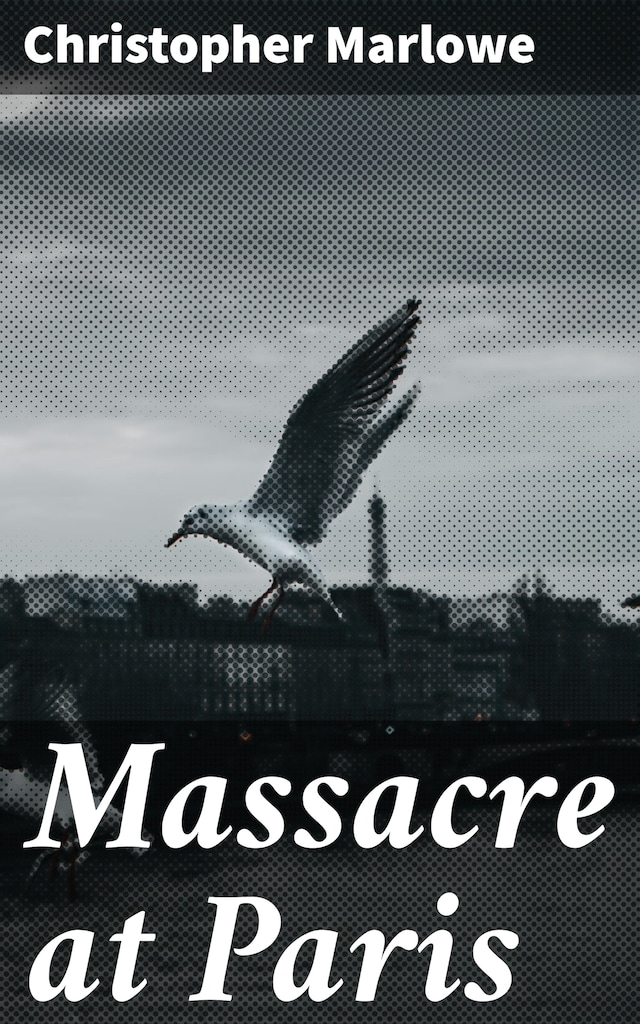
Massacre at Paris
Shadows of Betrayal: A Historical Tragedy of Power and Violence in Renaissance Paris

